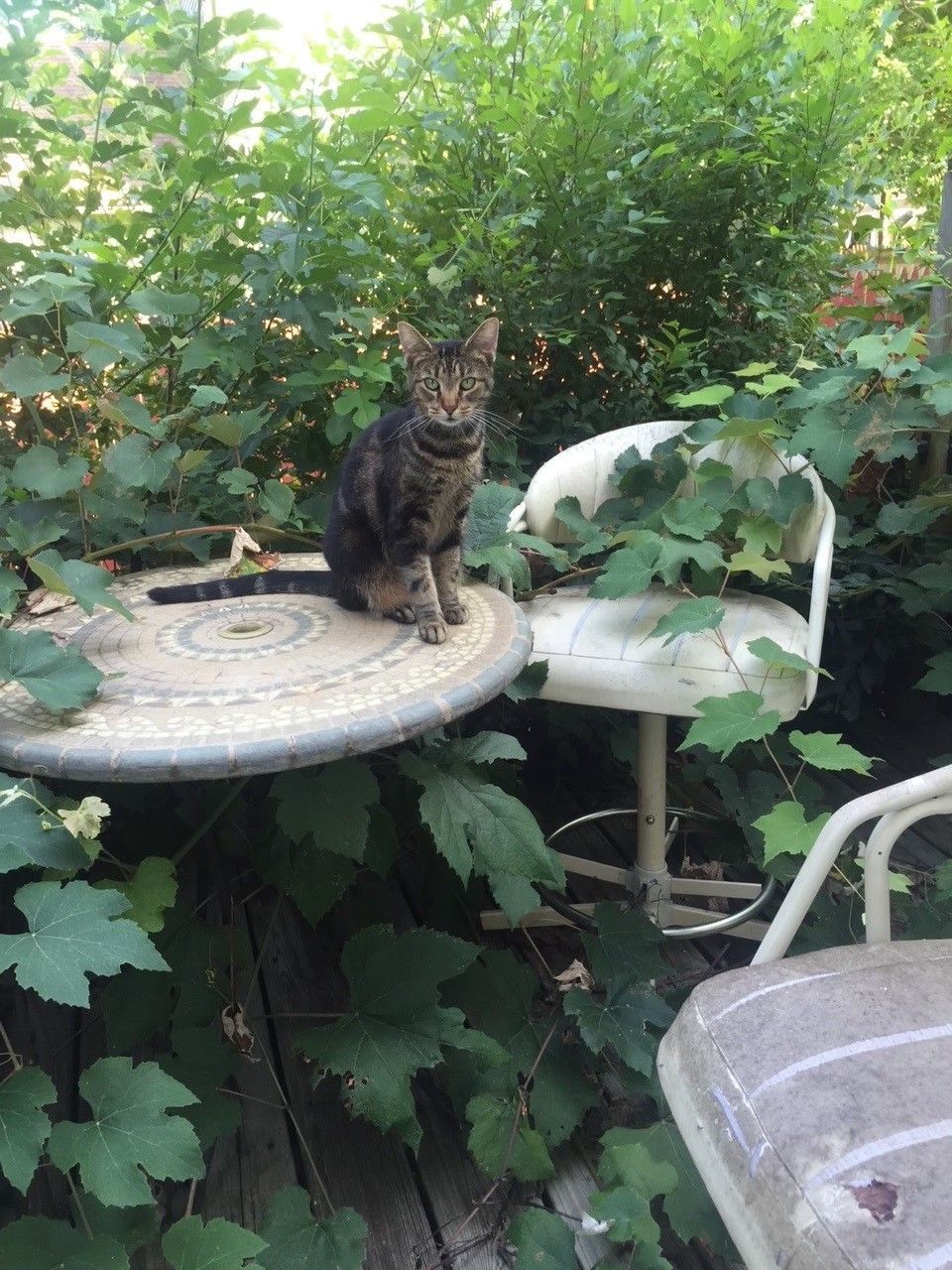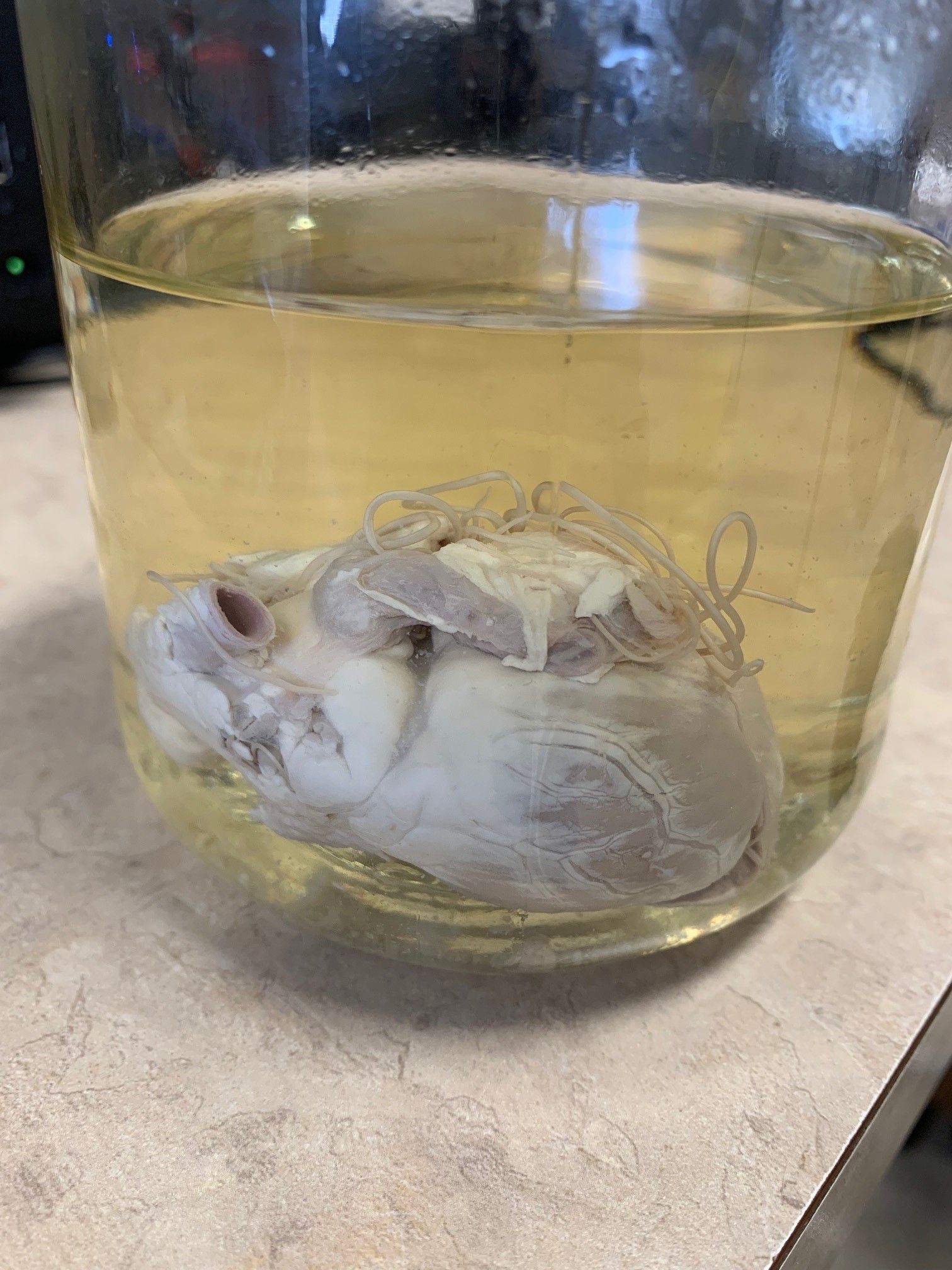Navigating Springtime Safely: Plant Safety and Poison Prevention for Pets
Keep Your Pets Safe From Harmful Plants & Poisons This Season.

As the vibrant colors of spring start to bloom and Easter approaches, it's a wonderful time to fill our homes with fresh plants and flowers. However, March also marks Pet Poison Prevention Month, reminding us of the importance of safeguarding our furry family members from potential dangers. At Bethany Animal Hospital in Sycamore, IL, we're dedicated to helping you keep your pets safe from harmful plants and poisons this season.
Spring and Easter are synonymous with an array of beautiful plants, but not all are pet-friendly. Below are some common spring plants of concern:
Lilies: Lilies are extremely dangerous for cats, causing kidney failure, and should be avoided in households with felines. They can also cause gastrointestinal upset in dogs. Many different plants are referred to as “lilies” which can make identification difficult for pet owners. Plants of the “Lilium” genus pose the greatest concern, though we recommend avoiding all lilies unless an absolute identification can be made. For true lilies, the entire plant is extremely toxic to cats, including steams, leaves, flowers, pollen, and vase water. Even a few stray grains of pollen ingested can result in a poisoning, so even keeping lilies in your home far out of your pet’s direct reach can be harmful.
Tulips and Hyacinths: The bulbs of these plants are particularly toxic, potentially causing mouth and esophagus irritation, drooling, and gastrointestinal issues in cats and dogs. All parts of the plants may contain toxins, so it is best to avoid them entirely.
Daffodils: Ingestion can lead to severe gastrointestinal upset, convulsions, and even heart problems in both cats and dogs.
Crocuses: While the spring crocus can cause gastrointestinal upset, the autumn crocus is more toxic, potentially leading to severe health issues.
Azaleas and Rhododendrons: These plants can cause vomiting, diarrhea, and possible heart failure in both cats and dogs.
What should you do if you think your pet may have digested a plant of concern?
Symptoms of poisoning can include vomiting, diarrhea, lethargy, and abnormal behavior. However, some plants have a very short window to seek care for the best prognosis, and it may be best to act before any obvious symptoms occur. We recommend avoiding bringing any plants into your yard and home before checking their toxicity. If an ingestion of an unknown or toxic plant occurs, call Pet Poison Helpline at 855-764-7661 as quickly as possible.
Calls to Pet Poison Helpline do require a fee, however, this is the best way to ensure your pet receives the correct care 24/7. Toxicity experts are able to review your case and work with your primary doctor to make treatment recommendations based on an extensive database not accessible to all veterinarians.
Still want to liven up your home with plants?
Not all plants are clearly and correctly labeled. We recommend checking IDs for any plants you are unsure of. The ASPCA has a fantastic guide at: https://www.aspca.org/pet-care/animal-poison-control/toxic-and-non-toxic-plants
Gerber Daisys, Spider Plants, and African Violets are great, pet-friendly options to bring some greenery into your home! Keep in mind, ingestion of even non-toxic plants may cause stomach upset, so plants are best kept out of your pet’s reach for the best interest of both your pet and your plant.
Remember, the team at Bethany Animal Hospital is here to provide advice and assistance, ensuring that your spring and Easter celebrations are both joyful and pet-friendly.










Share On: